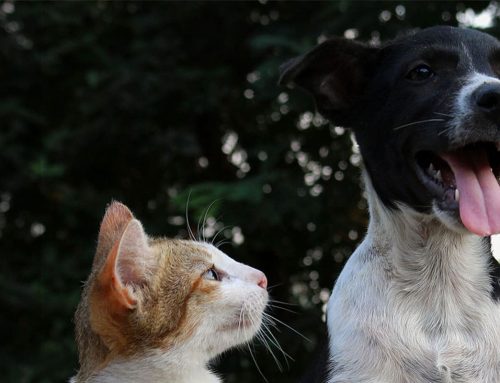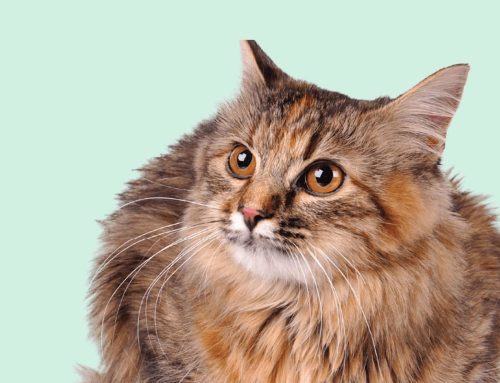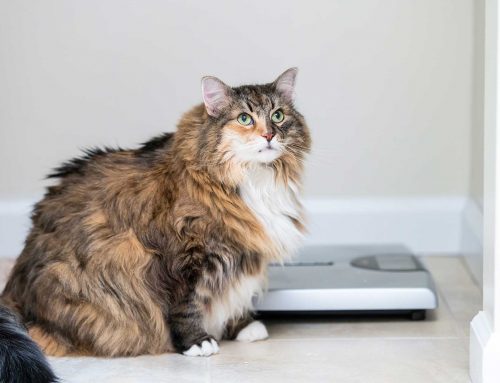Feline Immunodeficiency Virus (FIV) is a viral disease which affects the immune system of domestic cats. Whilst FIV cannot be transferred to humans, it acts in the same way as the human form of HIV, destroying the immune system and leaving a cat susceptible to infections and disease. Once the cat has been infected, FIV can then progress to feline acquired immunodeficiency syndrome, otherwise known as Feline Aids.
How is it spread?
FIV is spread mostly by bite wounds that can happen when they fight with other cats. A mother cat may also transmit it to her kittens through her milk or placenta.
What are the symptoms?
Some symptoms of FIV include;
- Fever
- Loss of appetite
- Diarrhoea
- Lethargy
- Swollen lymph nodes
Often it can be hard to see or recognise these signs when they first appear, one of our vets can perform an in-house blood test to determine if your cat has FIV. If you are concerned about your cat, or if your cat is an outdoor cat, book an appointment using the button below.
How is it treated?
There is no treatment for FIV; however, many cats will go on to live fulfilling lives with correct care. If your cat does test positive to FIV, one of our vets will work with you to develop a plan to help maintain and improve their quality of life.
How do I protect my cat?
A vaccination is available to protect your cat from FIV. Your cat will need to be tested before the vaccination can be given. This test only takes 10 minutes and can be performed during your appointment.
There are three rounds of initial vaccinations to protect your cat from FIV that are given two-three weeks apart. After this, your cat will need to get an annual booster vaccination.
Click here to book an appointment with one of our vets.




